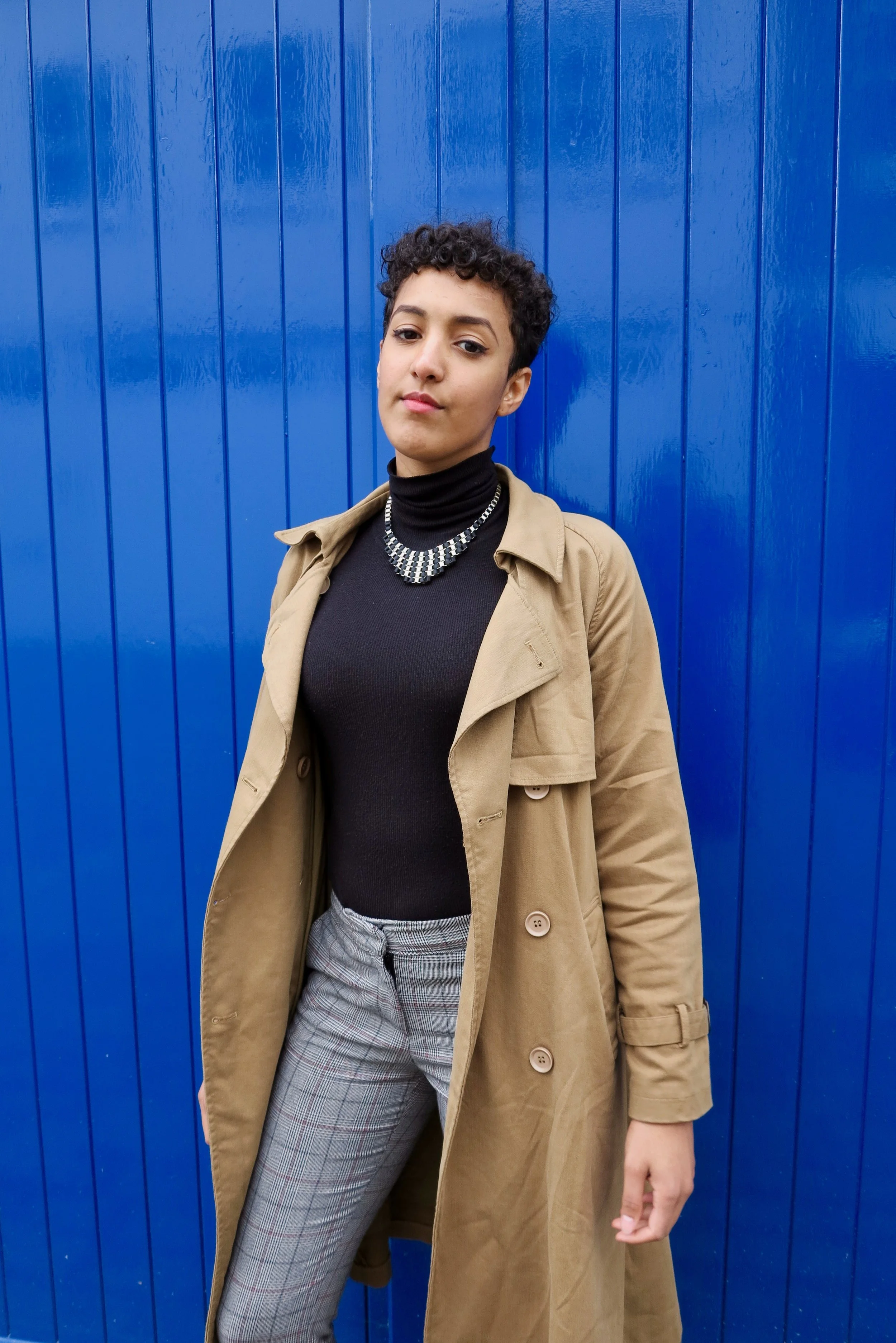Hair plays such a strong role in curly women's lives. It's a very intimate relationship that defines the way you perceive yourself as a woman, especially if you grew up in a place where the majority didn’t have curly hair.
I grew up in Scotland, where curls weren't that common. I remember my hair often being the first hook of many conversations, the tool people would use to break the ice.
From a very young age, my relationship with my hair was tied with my mother's own experience. My mother is very mixed: Scottish, Turkish, Sudanese and she grew up in Sudan. While most of us in the UK might have lived in predominantly white places, my mother had to experience a reversed situation, being light skinned in a black society.
This led her to be ashamed of her whiteness but paradoxically she would try to straighten her wavy hair as much as she could, like her own mother did.
So from early on, the idea was passed onto me that I had to control my hair, that I had to make my hair as straight as grandma’s.
We live in a society where women are told that they have to be perfect. Straight hair has always been seen as the only way to be beautiful, one of the puzzle pieces leading to beauty, therefore many of us did what they had to do to reach this ideal.
My sister doesn’t like her hair and sees mine as nicer because of my loser curl pattern. What I am trying to say to her is that not liking your hair is an active attack on yourself. What you need to change isn't your hair, it isn’t yourself, it's the way you perceive yourself!
It's obviously not easy but this is a very precious process to undertake.

